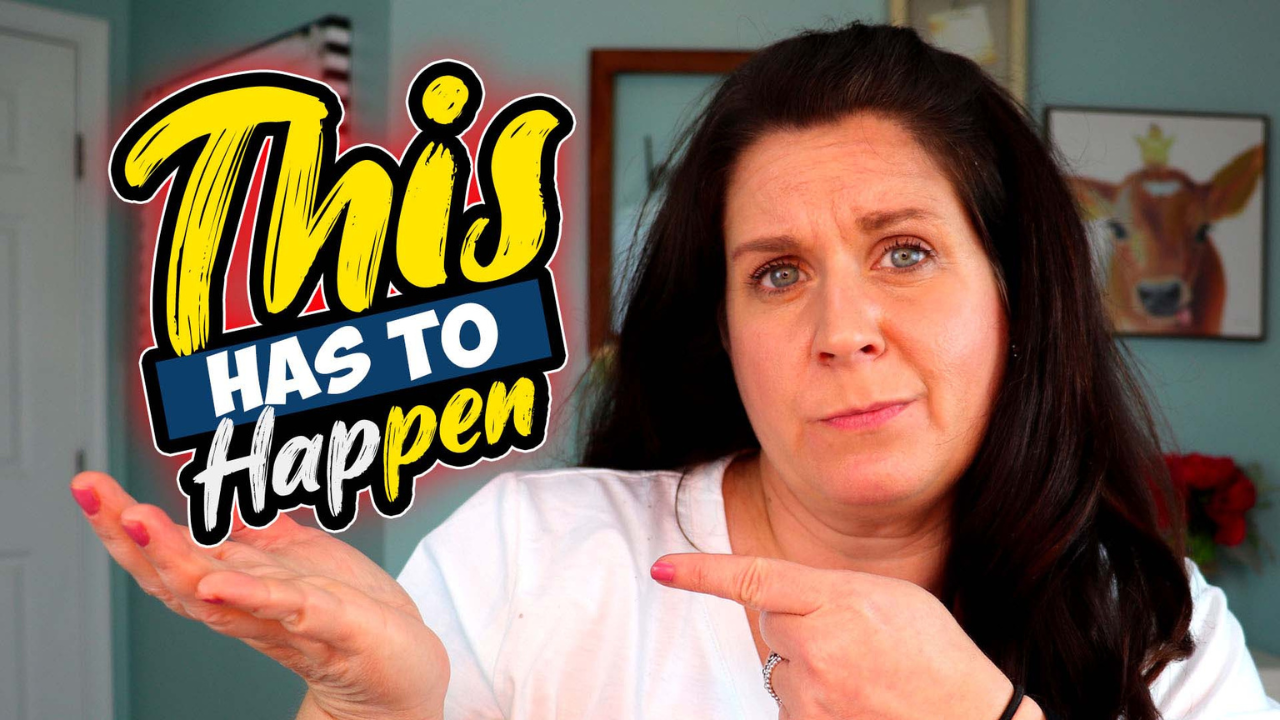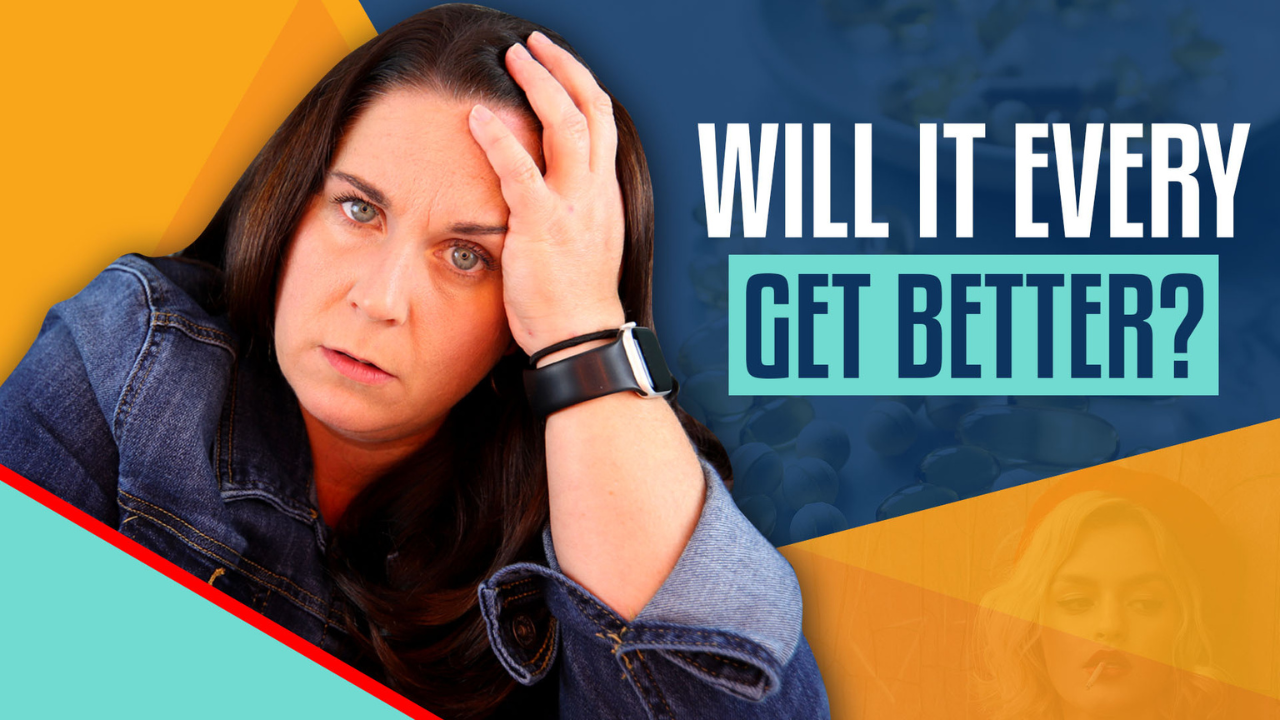How To Help An Addict/Alcoholic Get Sober - A Positive Approach
 I do not believe that someone has to hit bottom to get better. I do believe that someone's situation has to get uncomfortable. It's a law of human behavior that people do what works for them. They seek pleasure and avoid pain. If their addictive behavior is more pleasurable than painful, they're probably not going to change.
I do not believe that someone has to hit bottom to get better. I do believe that someone's situation has to get uncomfortable. It's a law of human behavior that people do what works for them. They seek pleasure and avoid pain. If their addictive behavior is more pleasurable than painful, they're probably not going to change.
As their loved one, it's crucial to not interfere with the uncomfortableness and the difficulties as it happens. Don't fix their messes. Even for someone without an addiction, consequences matter. When it comes to addiction, substances act as anesthesia, so they won't feel the consequences nearly to the magnitude they would in a normal situation.
Consequences vs Punishment
A lot of people confuse consequences with punishment. I want you to understand that punishment is something you dole out and a consequence comes naturally.
If your kid is failing their classes, the consequence is that they fail the class. Punishment is something that you do at home. They can't play their video games, they can't have their phone, or they can't drive their car. That's a punishment.
Punishments hinder learning and development. Consequences can be very, very helpful. And trust me, when someone's addicted, there will be consequences.
Sometimes, when it comes to addiction, those consequences don't come as fast, and they're not nearly as big as the family member would like them to be. Believe it or not, the world will give your loved one more chances than they probably should get. And the biggest frustration with this is waiting for those consequences to come.
This Formula Doesn't Work
When it comes to consequences, there is a formula that you must follow to make it and one that you shouldn't!
When there are consequences, do not pair them with nagging threatening.
No, I told you so's, eye rolls, huffing, puffing, being angry at them. Layering a punishment with a consequence will only make someone defensive, irrational, self-pity, and justified. Which will lead to more bad decision-making.
What is a good formula? Consequence + Empathy
Now that is the formula that works when your loved one runs into those inevitable difficulties they'll encounter. If you can meet that with empathy but not fix it, you have the right combination that promotes learning. It's strange, but when someone empathizes with our difficult situation, it makes us feel safe enough to contemplate what happened and learn from it.
Empathy turns down the volume on the emotional part of the brain, which is extremely important because when the emotional volume's too high, guess what? The thinking volume's very low.
If you can do this fairly consistently, they will start to see that the addictive behavior doesn't work anymore. It is causing more problems than it's helping them. Knowing that is an absolute requirement, a necessity for someone to get and stay in long-term recovery.
When Their Consequences Effect You
Now where this can get a little dicey and difficult for you is when their consequence becomes your consequence. When this happens, it will be difficult for you to sit there and not correct it.
There are things that you can do to make sure that their consequences don't become your consequences. At least leave as much buffer as you can. If this is your spouse, it's a little challenging. For example, if your finances are with your spouse's finances, and their consequence is financial, it's going to be hard for you to separate those pieces.
So as much as possible, focus on creating financial security for yourself and having a backup plan. If you need to get distance yourself from the situation, it will empower you to let the consequences fall in place.
Another example I see happening often is someone decides to leave treatment against medical advice or leave early. Guess what? They can make that decision because that is their side of the street. That does not mean you have to pick them up, bring them home, and fix them all for them. You have to let their choice be their choice.
The Hard Part About Letting Natural Consequences Happen
I know it's very tough because the consequence for those things seems huge. But again, these are the things that you must let happen. You don't have to cause them to happen. You don't have to call their probation officer and get them in trouble, but don't rescue them if they're not doing what they're supposed to do.
Amber Hollingsworth
If you want to understand addictive behavior, watch this video:
Learn the Step-By-Step Process for Getting Your Loved One Get Sober

